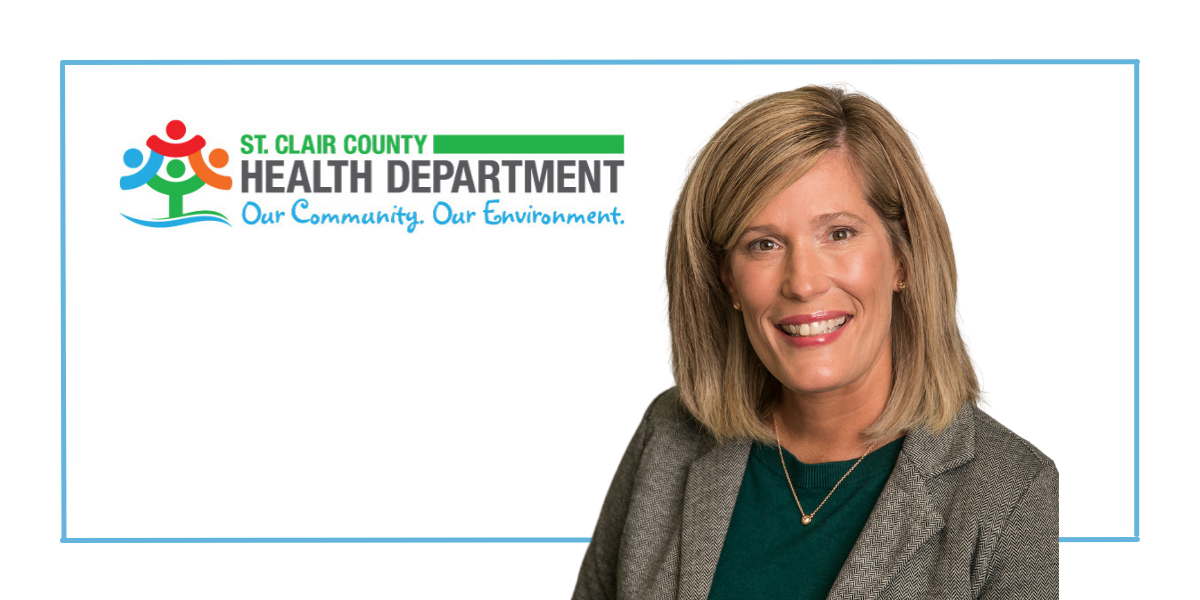As the community enjoys a summer of festivals, beaches, concerts and fun during this “post surge” phase of the COVID pandemic, a new concern; Monkeypox has emerged. Important to note is that Monkeypox is different than the COVID pandemic. Monkeypox is not “novel” or new, it has established testing, transmission data, vaccinations and treatment.
Monkeypox has been identified worldwide, throughout the United States, across Michigan and recently in St. Clair County. One role of a local health department is to investigate communicable diseases and conduct surveillance for outbreaks helping to interrupt transmission. Our staff investigates any/all cases and works with individuals on follow up steps. Education involves testing, offering help notifying those who may have been exposed, as well as discussing available prevention, treatment and vaccine options.
Monkeypox disease is caused by infection with the monkeypox virus (MPV). Anyone can get MPV. The risk to the public still remains low as it is spread through close contact with an infected person who has symptoms. As the new St. Clair County Health Department, Director/Health Officer, I urge residents to keep informed on this new emerging disease and stay aware of any changing conditions. It’s not time to panic, but time to educate yourself and others.
The virus can be spread by person-to-person by direct contact with bodily fluids or monkeypox lesions. Less common ways include respiratory droplets from prolonged face-to-face contact or contact with contaminated materials such as clothing or bedding. Brief interactions that do not involve physical contact are not high risk.
Symptoms can include headache, fever, muscle aches, exhaustion, and swelling of the lymph nodes, followed by a rash and lesions one to three days after the onset of illness. It is contagious when a rash is present and up until scabs have fallen off. Symptoms generally appear up to three weeks after exposure, and the rash often lasts two to four weeks.
People who feel sick or have any rashes or sores, or whose partners are sick or have rashes or sores, should contact their health care provider or local health department for evaluation. A vaccine may prevent infection or reduce symptoms of infection and is currently only recommended for close contacts who have not developed infection. Most people don’t need a vaccine right now.
As monkeypox evolves, information may change. Stay informed, stay calm and continue to enjoy the last days of summer safely. More resources are available at CDC.gov/Monkeypox; Michigan.gov/MVP; and scchealth.co.
Sincerely,
Liz King RN BSN


